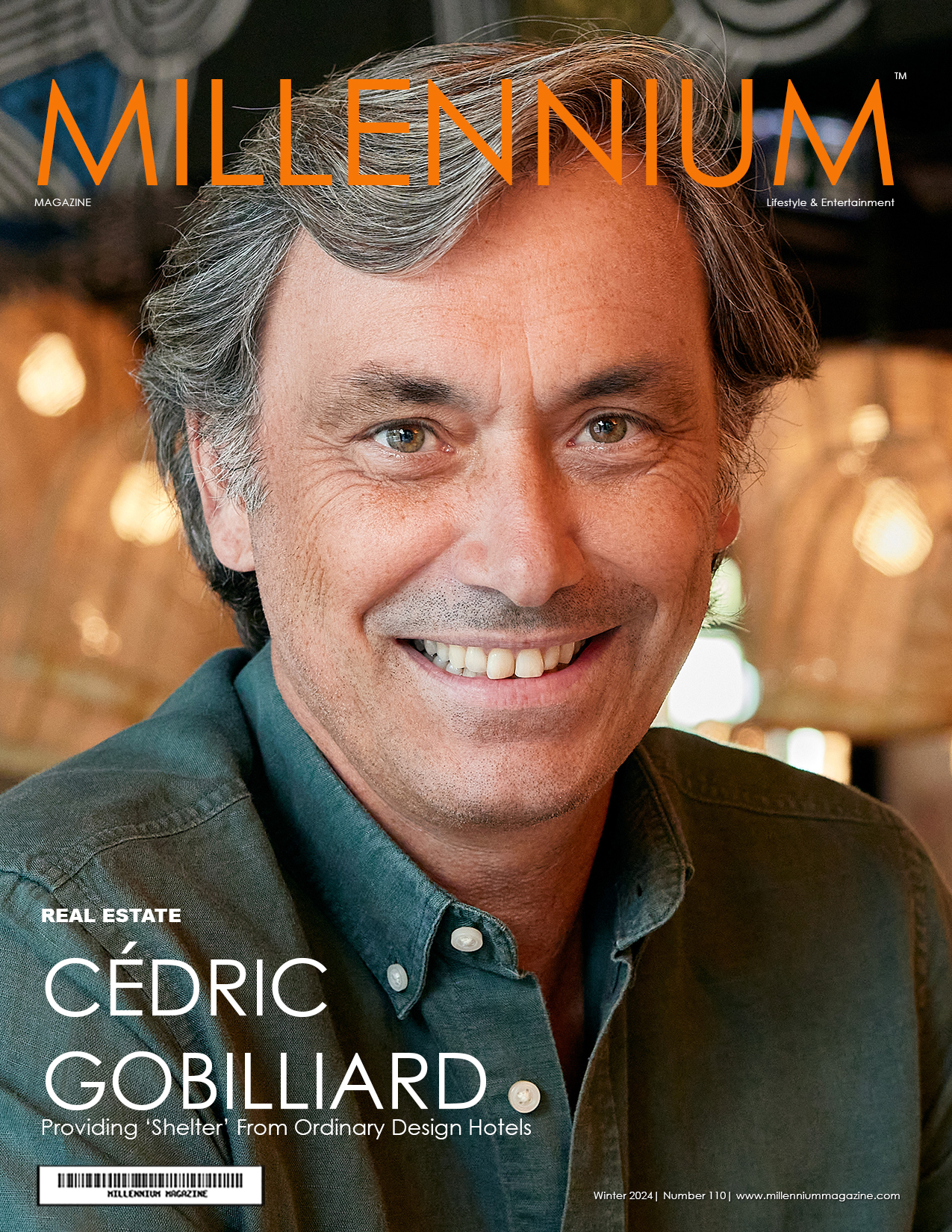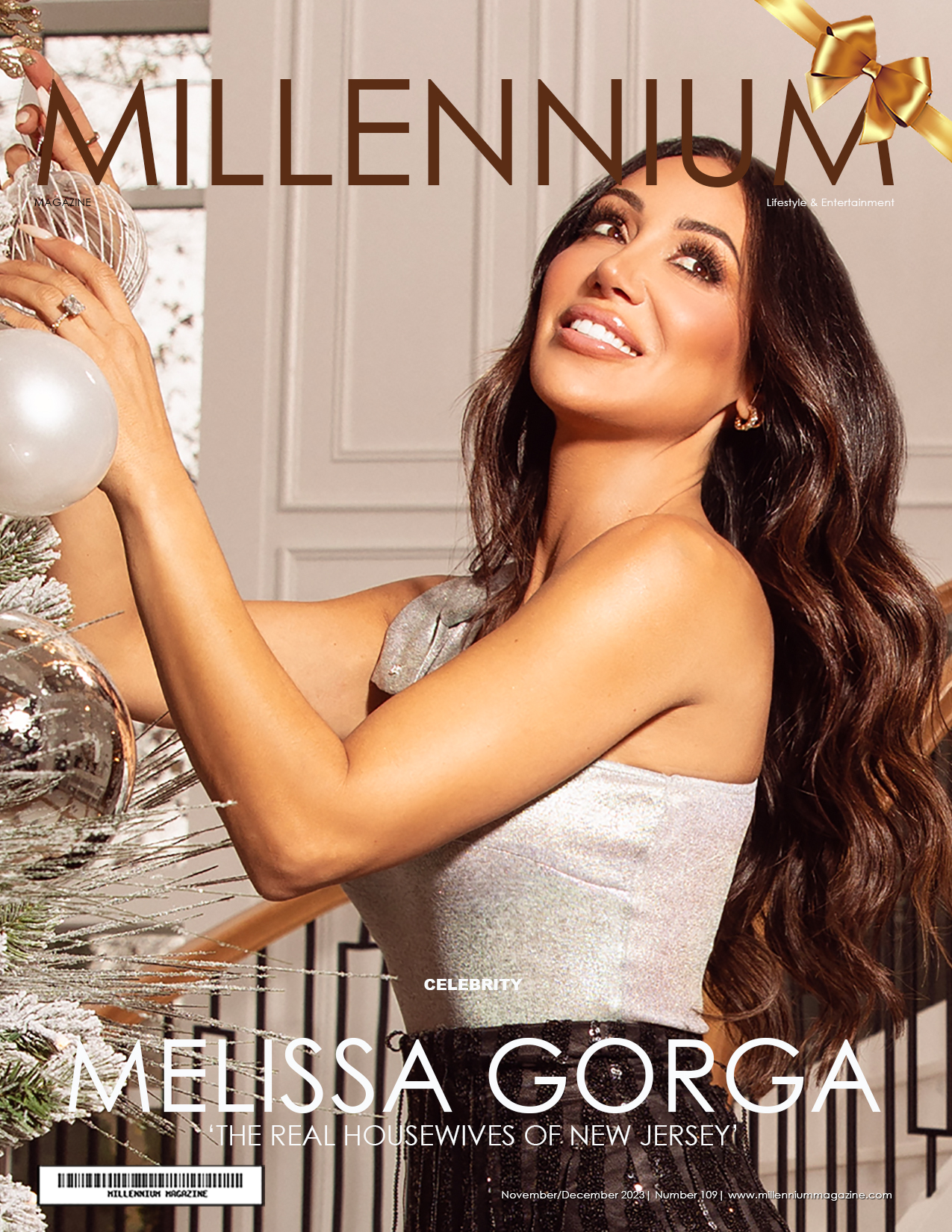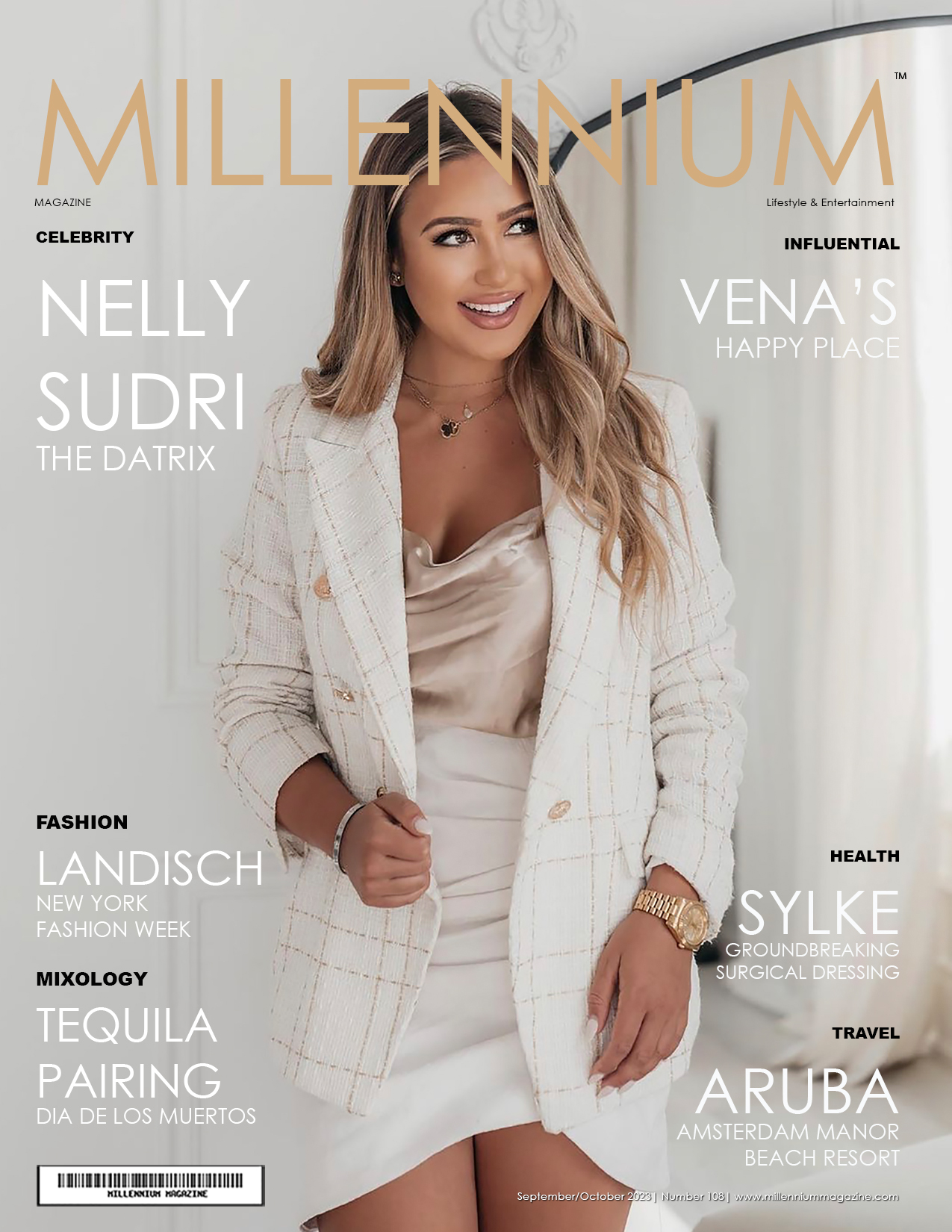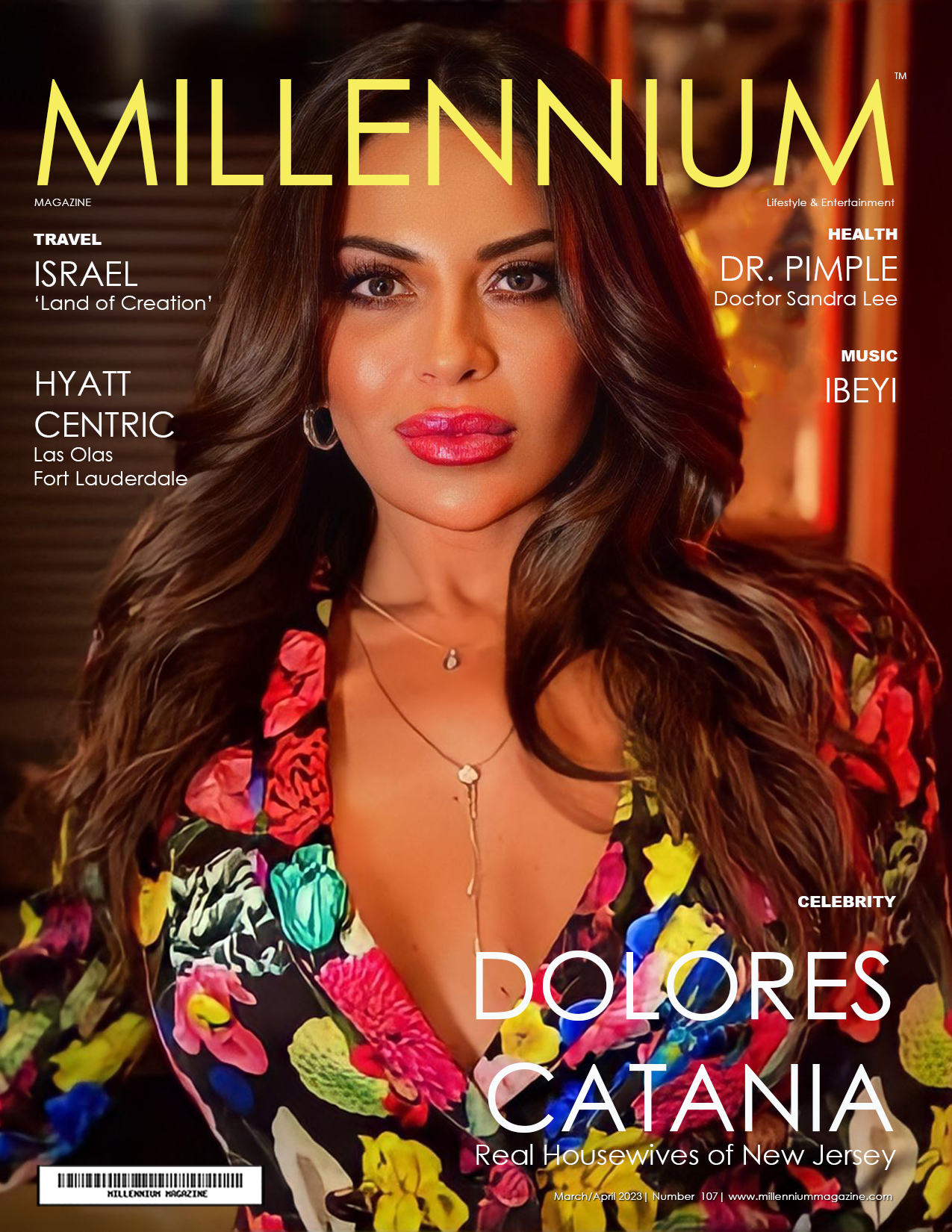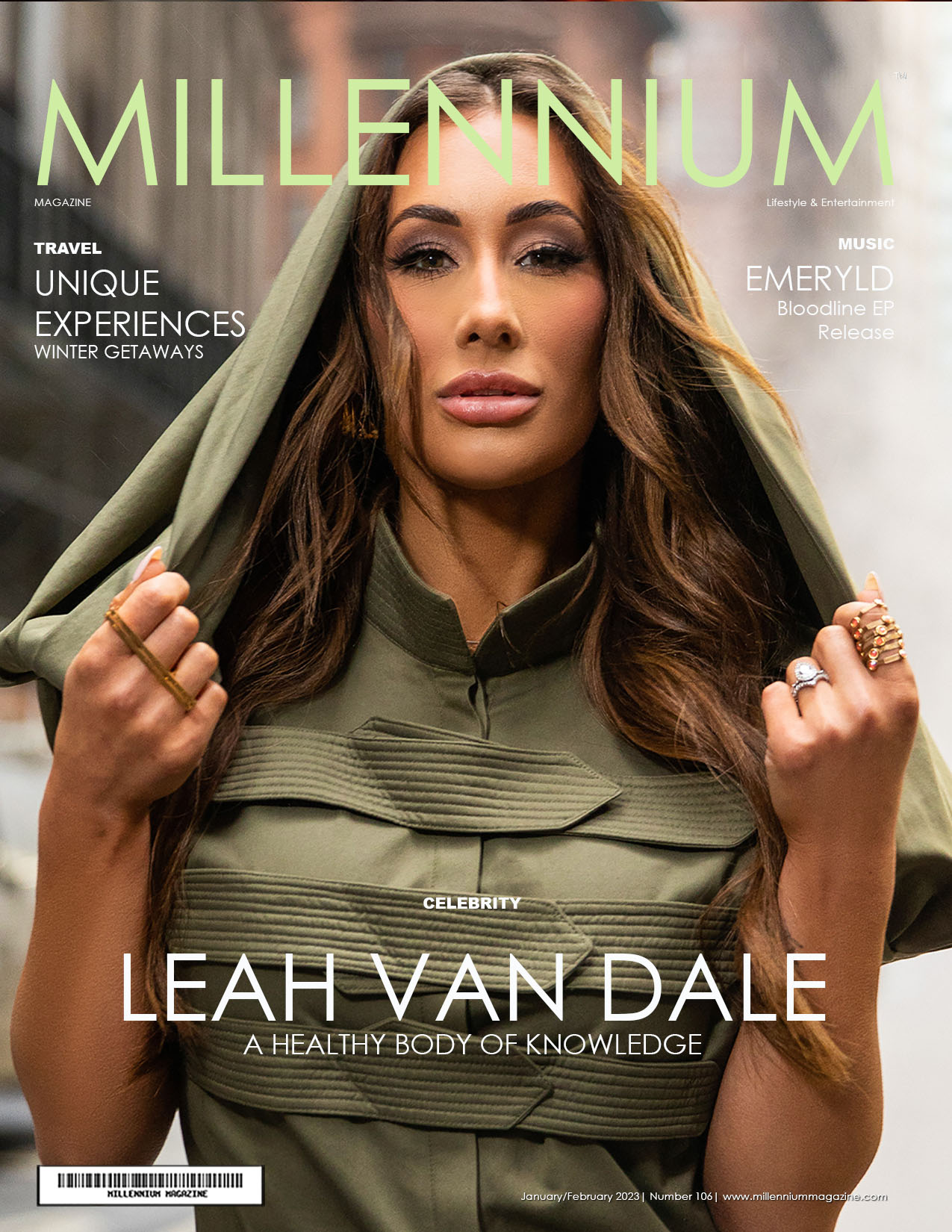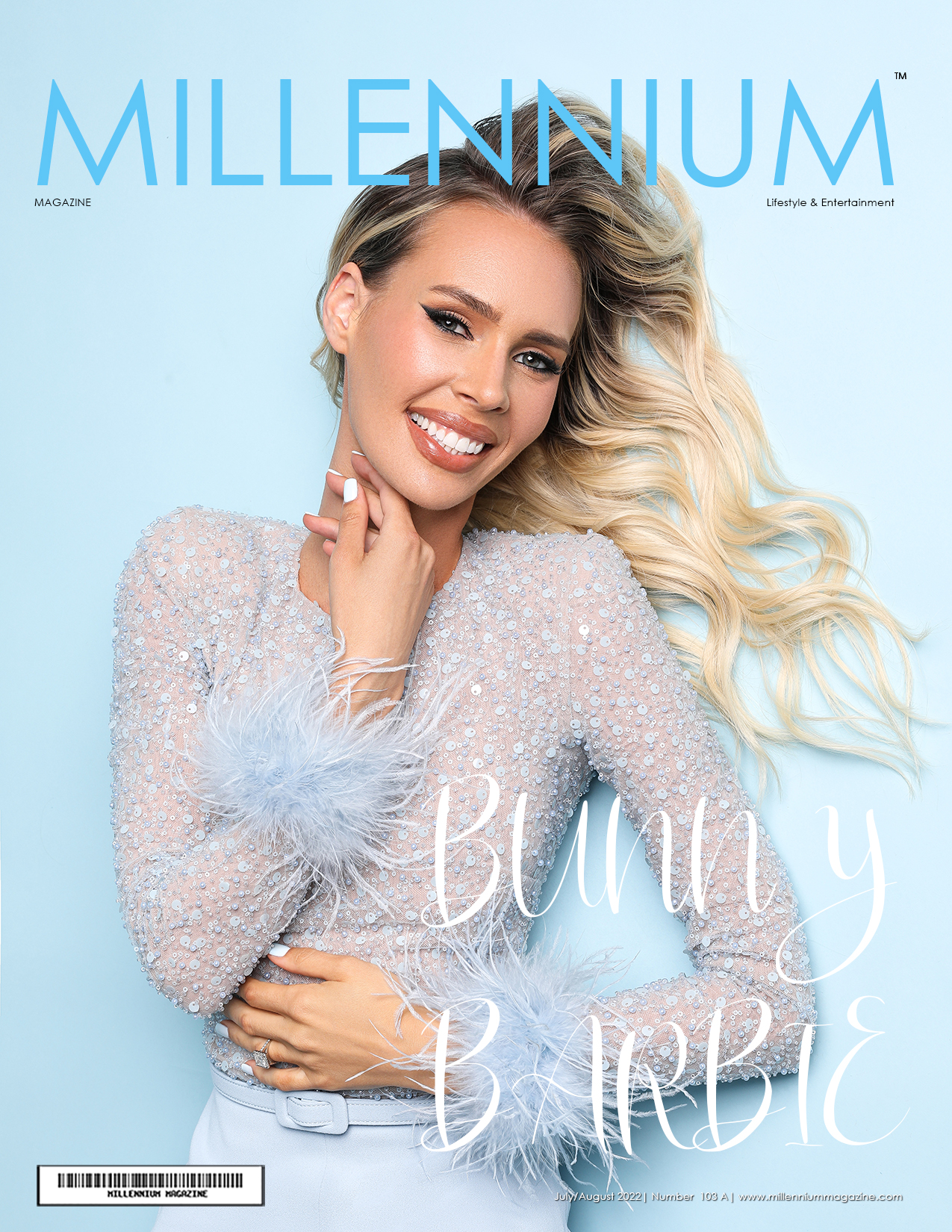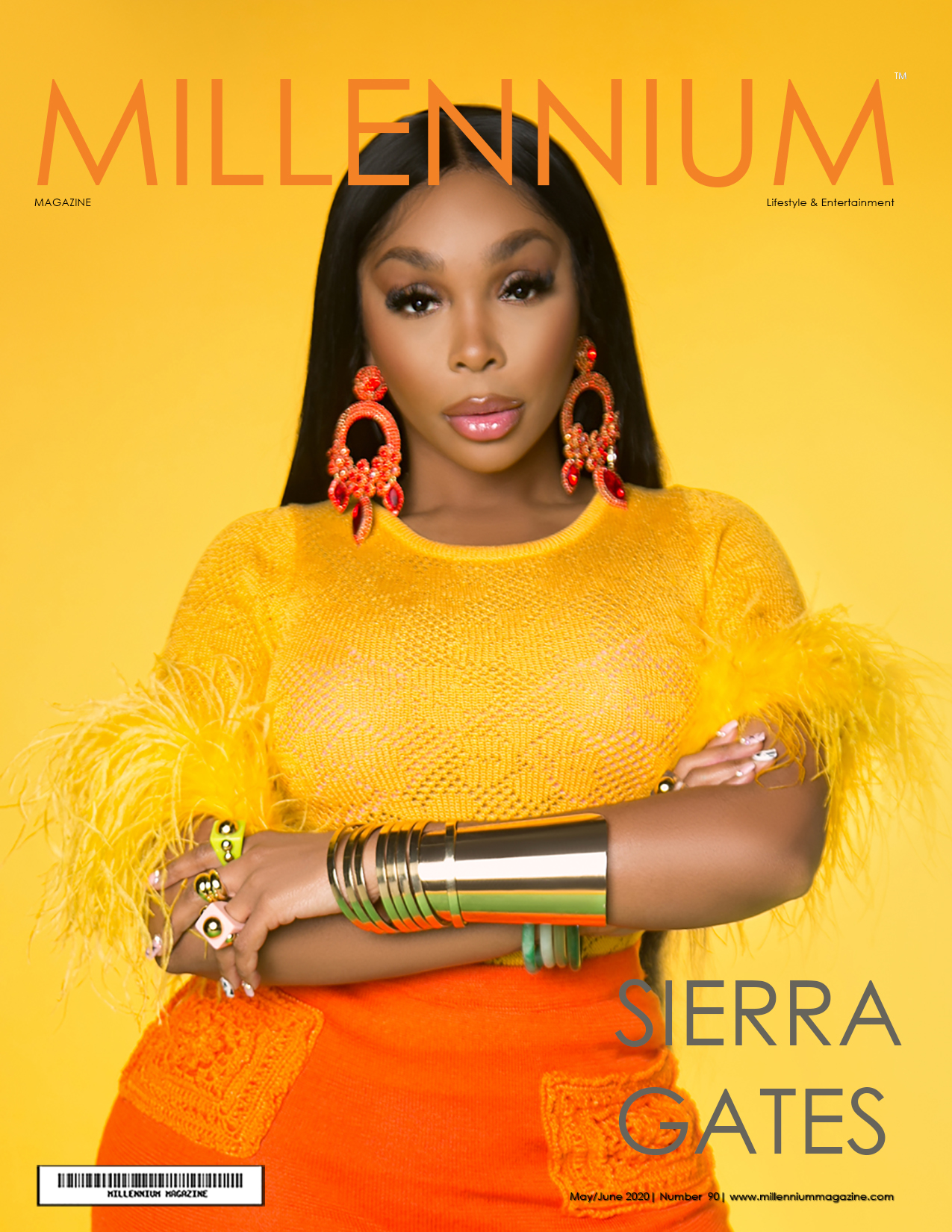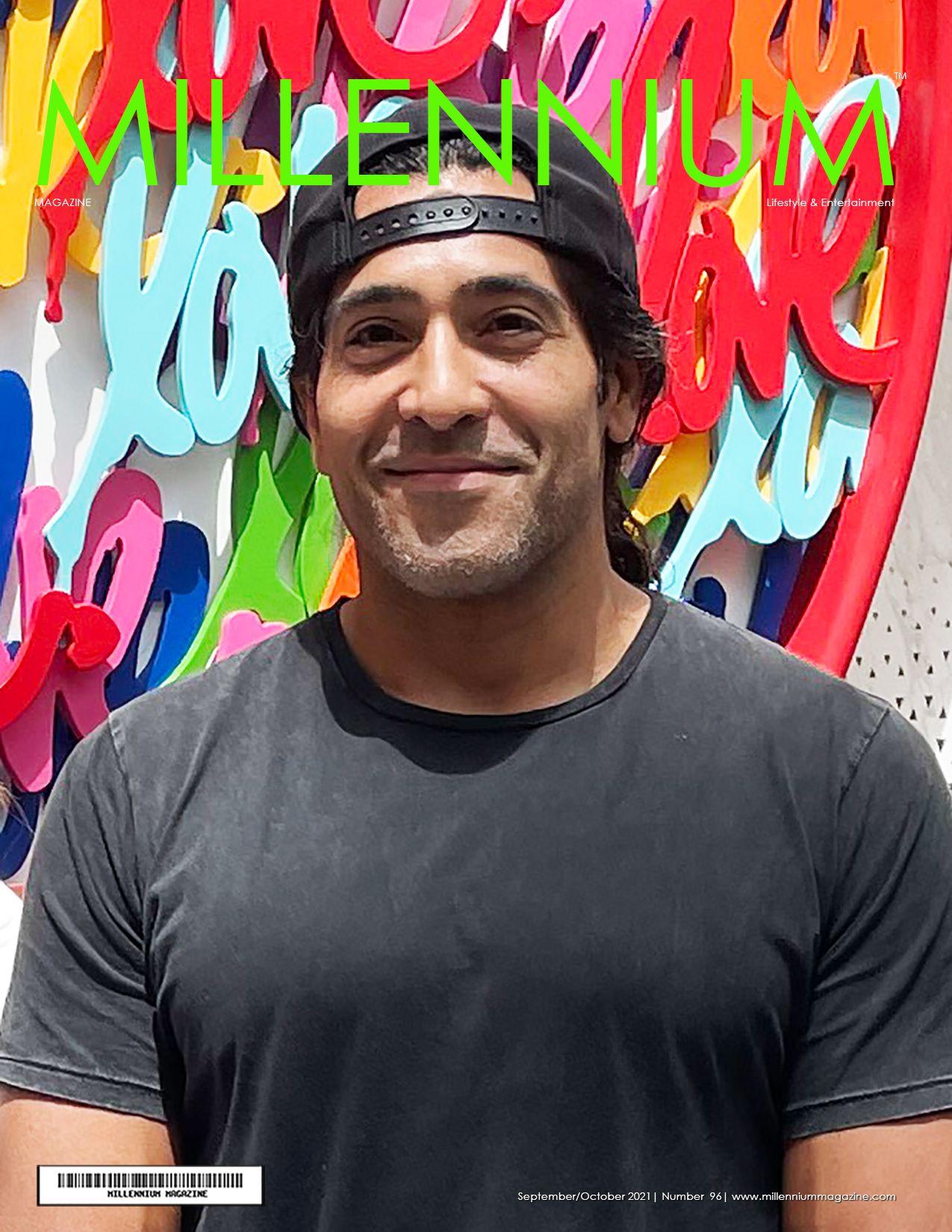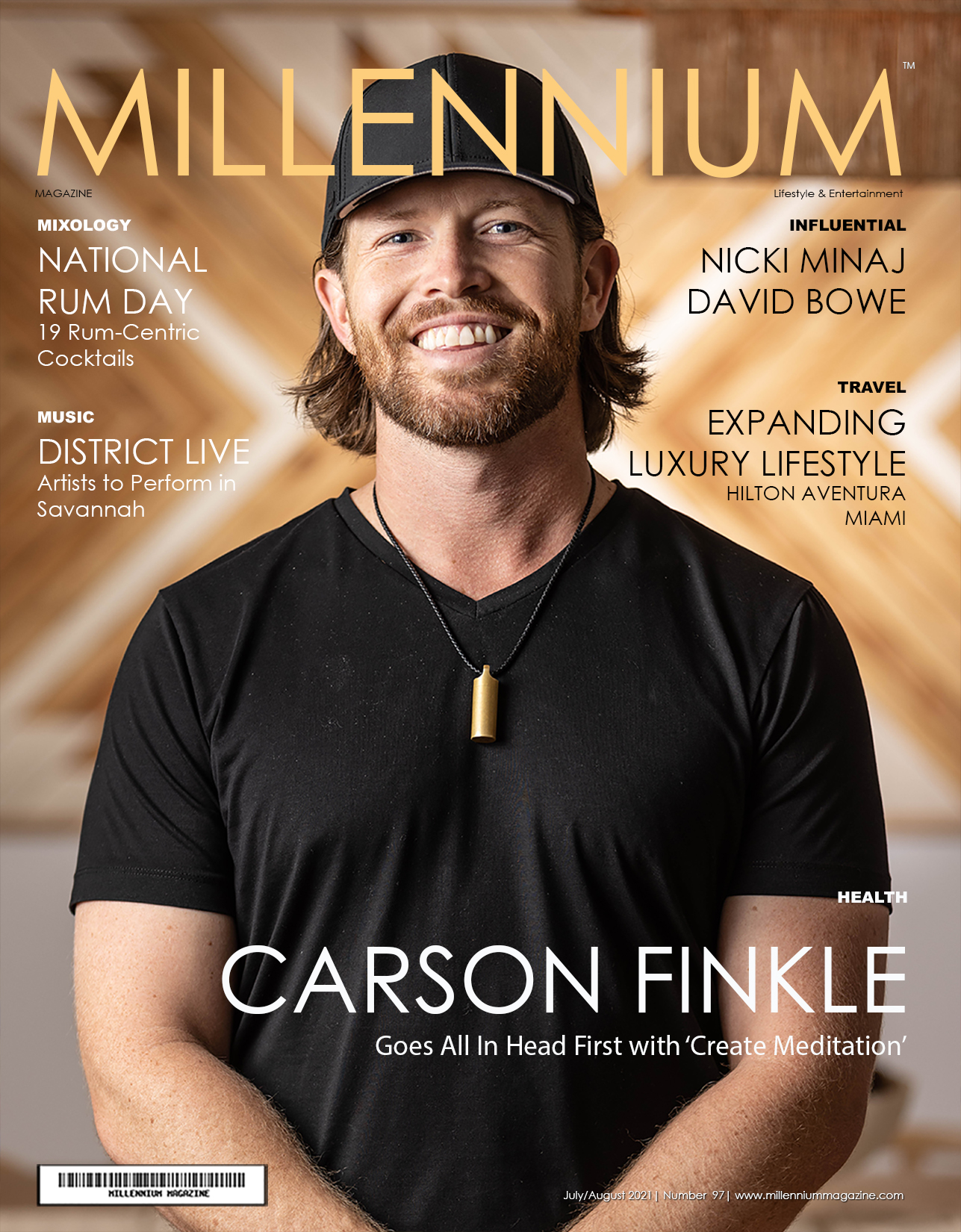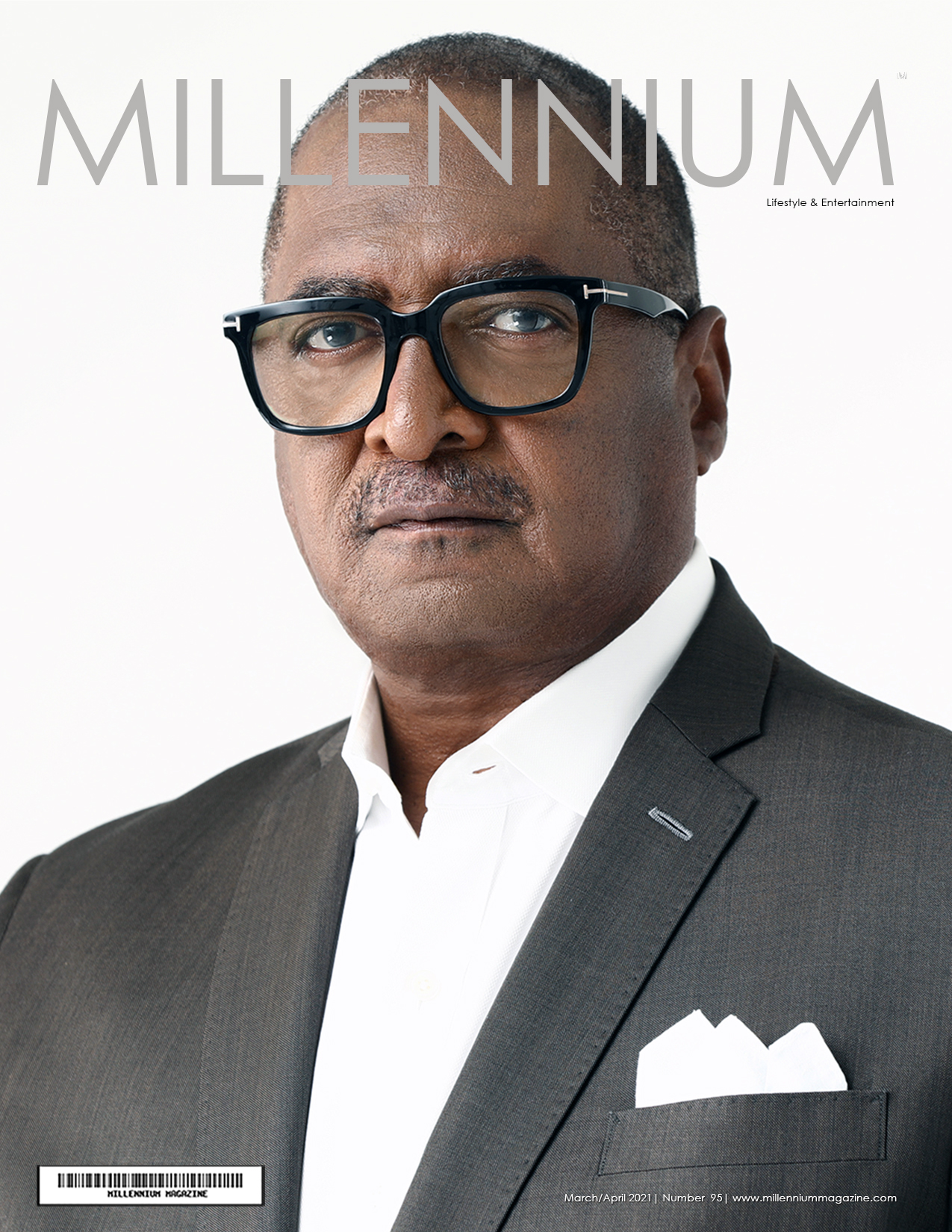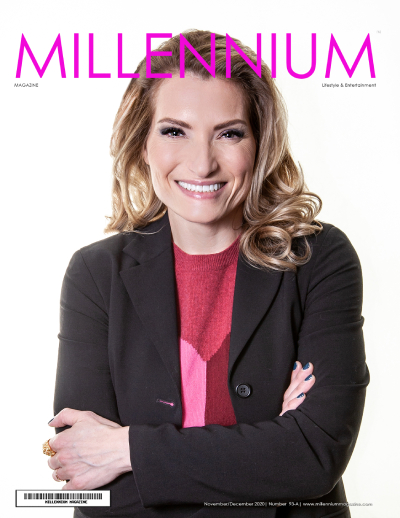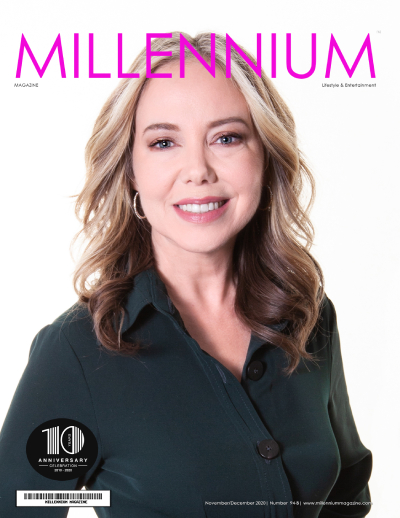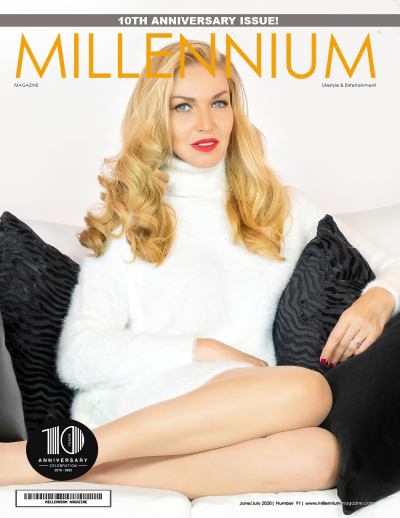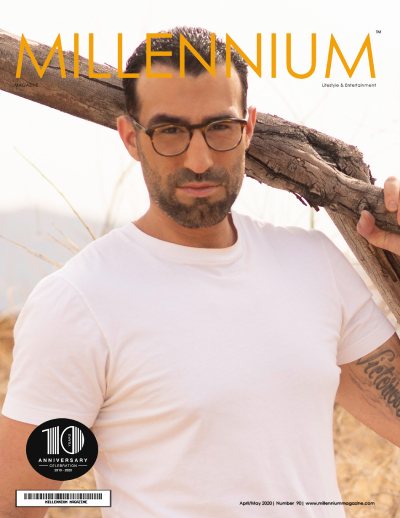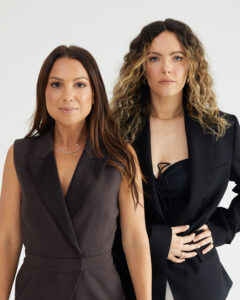 Ali Grant & Sarah Boyd are at the helm of The Digital Dept., jointly running the company as CEOs with specialties as CMO and CRO respectively. The two have worked side by side in the creator economy for over 10 years, and now bring their expertise, relationships and connections to The Digital Dept. as a collective force.
Ali Grant & Sarah Boyd are at the helm of The Digital Dept., jointly running the company as CEOs with specialties as CMO and CRO respectively. The two have worked side by side in the creator economy for over 10 years, and now bring their expertise, relationships and connections to The Digital Dept. as a collective force.
What made each of you realize that there was synergy between your two companies, and creating The Digital Dept. made perfect sense?
Sarah: We both lead influencer marketing companies (I was at Socialyte and Ali founded Be Social) so there was a natural overlap especially on the talent management side of the business. Once we both became part of the Dolphin Entertainment family, we were able to recognize both the overlaps and the complementary services we offered. Socialyte had a strong Brand Strategy team that specialized in paid media and campaign strategy, while Be Social had a successful events and mailer arm and knew how to activate in the earned media space. By joining our two companies together, we were able to form a truly 360-degree influencer marketing company and strengthen our offerings. It’s why our tagline is “Your source for all things influencer” because truly, whatever brands are looking for in the influencer marketing space, The Digital Dept. can provide it.
How do your respective skill sets and pasts running your previous companies make The Digital Dept. bigger than the sum of its parts?
Ali: One great thing about partnering together as co-CEOs is that Sarah and I can now really hone in on the areas we excel in. I am extremely passionate about the marketing of our business and getting The Digital Dept. name out there, as well as building and maintaining talent relationships, so I oversee our marketing and talent management departments. Sarah is incredibly business-savvy and focused on the growth opportunities for our business, so she oversees our Brand Partnerships department as well as new business and strategic partnership opportunities.
Prior to the social media boom, how did your earlier jobs and careers prepare you to go off on your own and easily pivot in a very changeable industry?
Sarah: I started off in fashion PR, and in a lot of ways, celebrity placements was the precursor to influencer marketing. I saw firsthand how getting products in the hands of influential people could make such a huge difference in how a brand or product was seen, and that is something that has stayed true even now. It’s just that now, anyone with a phone and a following has the ability to build brand awareness.
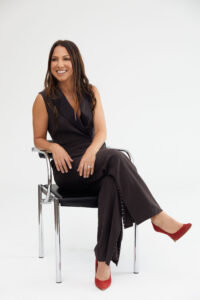 Sarah Boyd
Sarah Boyd
How has the influencer career changed since you went into influencer marketing and P.R.?
Ali: When this world started, it was all about bloggers, glossy photos, and heavily-curated Instagram feeds. There is still a place for that, but these days the landscape is a lot more focused on video content and also content that is off-the-cuff and authentic-feeling, like creators are showing you their real, unfiltered lives through social media. There has always been a place for both the aspirational and the attainable in social media, but the majority of creators are now leaning towards showcasing a seemingly attainable lifestyle rather than a fantasy version of life. And that’s been reflected in how brands work with influencers and run their own marketing. With so much advertising content on social media these days, brands have to get creative with their marketing and establish a real community for their customers, with content that isn’t constantly just “sell, sell, sell” but instead showcasing how the brand fits into one’s life.
Where do you see the influencer/social media world heading in the next decade?
Ali: So much has changed in the past 10 years—just think about how you were using social media in 2013 vs now! It’s hard to think about where we will be 10 years down the road. But in the near future, I think we are going to see a continued focus on video content over photo content; TikTok, Reels, and the like are not going away anytime soon.
I also predict that we will see more activation of nano-influencers (under 10K followers) and hyper-niche, hyper-local content creators. Brands are interested in tapping specific communities, specific markets, and also acknowledging that people aren’t just influenced by traditional content creators when it comes to making purchase decisions but also the people in their day-to-day lives, their friends and family members. So while larger influencers will continue to be important for large-scale brand awareness and campaign reach, brands are also going to find ways to activate nano-creators that feel more personally connected to their followers than larger accounts.
How have influencers impacted other media careers in print and electronic media? Do you see traditional journalism becoming obsolete, or is there a way the traditional writers and influencers can work together?
Sarah: I think that influencers and media are figuring out ways to work together and merge the space between traditional and new media. We’re seeing more editors acting as influencers themselves and bringing more of their personal perspectives into their writing, and leveraging their social media followings to build their publication’s brand and vice versa. I’ve also seen a lot of instances of online publications tapping creators to develop social content for them, and even be featured in articles. There is still a ton of value in traditional media, so I hope both spaces can coexist and find ways to help each other.
How do you vet prospective clients before representing them?
Ali: We start off of course looking at their general stats, demographics, engagement metrics, and so on. We don’t like to set a firm number for minimum following, because these days with the extreme niche-ification of online communities, you could have a creator with a relatively small following but a highly-engaged audience, so engagement metrics are one of the biggest things we look for.
We also want to know that the creator has some experience working with brands and is starting to earn an income through brand partnerships. Creating posts on behalf of brands, following campaign guidelines, being able to communicate effectively on emails…these are important skills to have before seeking management.

Ali Grant
What are some of the biggest myths about influencers you would like to dispel?
Ali: That it’s so easy to become an influencer. A lot of people like to write off influencing as a career that anyone could do, but if that were the case then wouldn’t everyone be doing it? The truth is that most of the top creators are doing this as their full-time business and investing a huge amount of time, energy, and money into their business. Once people have first-hand experience with that, they understand how much goes into even posts that seem super simple.
Do you foresee the company branching out into other cities?
Sarah: We are currently based primarily in Los Angeles and New York City, with team members in Miami and Nashville as well, so if there’s a big influencer presence in another city, I don’t see why not! The great thing about our business is that it really is digital, so we have the ability to go wherever we need to be.



